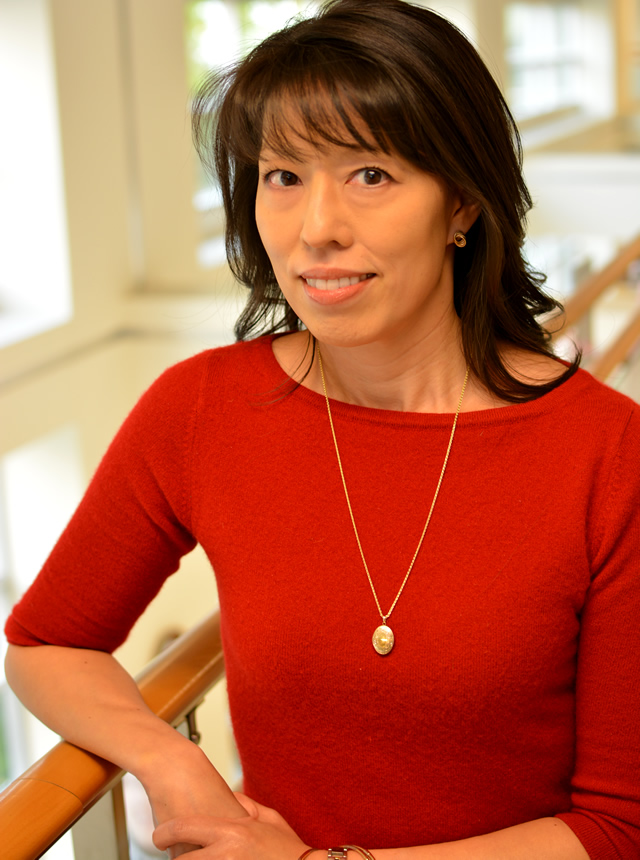PHILADELPHIA (November 21, 2016) – Researchers from Fox Chase Cancer Center found that cervical cancer screening rates in the traditionally under-served and under-screened community of Korean-American women increased in response to a multi-component health intervention. The trial was a joint effort by Fox Chase and Temple University, and was funded by the American Cancer Society. The findings appear in the journal Cancer.
In a randomized trial involving 705 women, half received general health education, including information about cervical cancer risk and screening, and where to obtain low-cost or no-cost screening. The other half received a culturally relevant cancer education program combined with navigation services. Researchers found that the intervention program contributed to significantly higher screening rates compared with the control group.

Though the study focused specifically on cervical cancer screening in Korean-American women, a similar approach can be used with other populations and other cancers, such as colorectal cancer.
“The Fox Chase Cancer Prevention and Control team carries out the Center’s mission of prevailing over cancer by working with our local communities to help people adopt behaviors that reduce cancer risk - and that includes cancer screening,” Fang said. “Appropriate screening can aid in prevention when cervical lesions or colon polyps are detected at a precancerous stage. For these cancers, there is a distinct advantage to screening and early detection.”